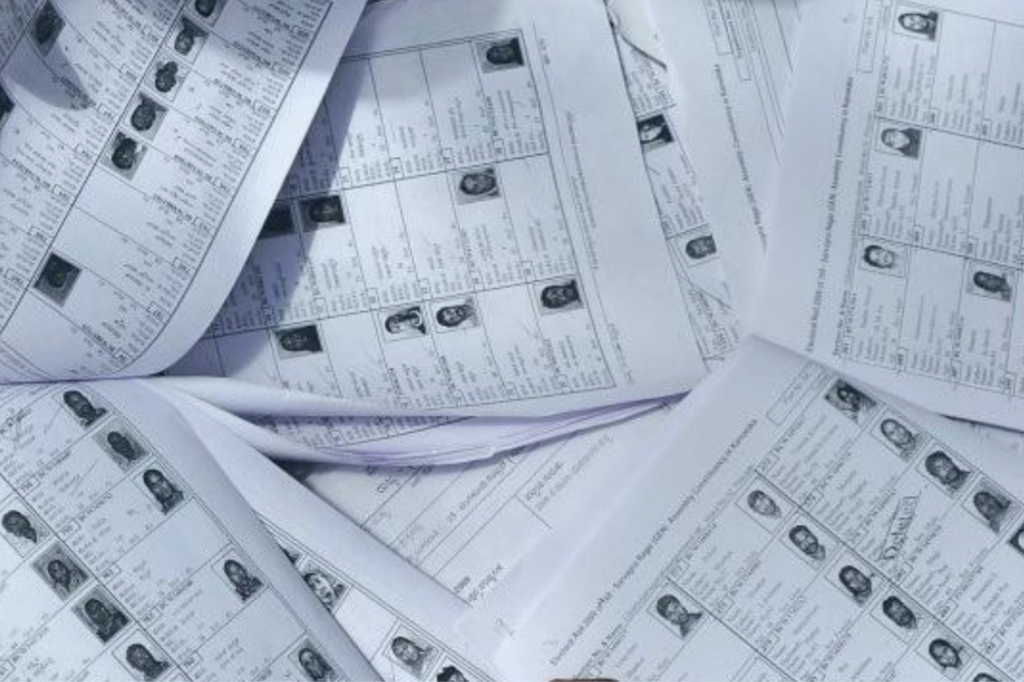Election Commission of India (ECI) officials on Sunday, July 13, reported that field-level teams in Bihar have identified “a large number of individuals” from Nepal, Bangladesh, and Myanmar during ongoing house-to-house verification for the intensive revision of the state’s electoral rolls.
According to a PTI report, the names of suspected illegal migrants will not be included in the final voter list – set to be published on September 30 – until a thorough inquiry is completed after August 1. Citing ground-level feedback, the ECI said booth-level officers (BLOs) made these discoveries during door-to-door enumeration.
The Election Commission is also expected to carry out a similar special intensive revision nationwide to identify and remove ineligible foreign nationals from voter rolls by verifying their place of birth.
As of July 12 evening, 80.11 per cent of registered voters in Bihar had submitted their Enumeration Forms (EFs), the ECI said. The poll body aims to complete data collection before the July 25 deadline. The state is preparing for its upcoming assembly elections, expected in October or November, making the voter list revision a politically sensitive issue.
Meanwhile, assembly elections in Assam, Kerala, Puducherry, Tamil Nadu, and West Bengal are scheduled for 2026. The current revision exercise comes amid intensified crackdowns on illegal foreign migrants, especially those from Bangladesh and Myanmar, across several Indian states.
Opposition parties have strongly criticised the revision drive in Bihar. Congress leader Rahul Gandhi recently joined RJD’s Tejashwi Yadav at a rally in Purnea to oppose the exercise. The Congress has labelled the process “dangerous and bizarre,” particularly objecting to the ECI’s reported plan to treat voters added after 2003 as “suspects.”
The Supreme Court on July 10 allowed the ECI to continue the voter roll revision, terming it a “constitutional mandate.” However, the court directed the poll body to consider Aadhaar cards, voter IDs, and ration cards as valid documents for verifying voter eligibility. The apex court also agreed to examine whether the ECI’s exercise could potentially lead to mass disenfranchisement ahead of the upcoming Bihar elections.







